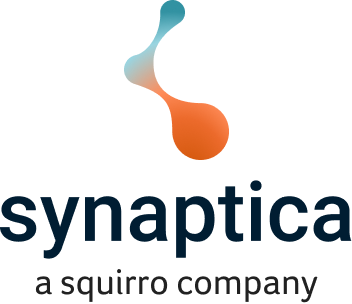This content has been archived. It may no longer be relevant
Sue Feldman has been a key analyst and researcher in the search space for a number of years. Her work at IDC as Vice President of Research, Search and Digital Marketplace is very highly regarded. It’s Wednesday morning in sunny San Jose, and Sue has just given the morning’s keynote at the Enterprise Search Summit West.
Sue believes that we are seeing a convergence of tools in search, and thankfully the vendors are seeing a stronger market, which will motivate them to keep innovating. The future of search is not a platform based on transactions, as we have today. It will be a language-based foundation for a new platform – a knowledge platform that she predicts will gain equal place with transaction-based systems. The similarities with the evolution of the database platforms imply a parallel path.
We will continue to see development in categorization, text analytics and linguistic modules. This includes capabilities for identifying parts of speech; extracting entities, concepts, relationships, sentiment and geo-location; semantic understanding via dictionaries and taxonomies; support for multiple languages. One of the biggest problems Sue thinks we need to solve for in the search market is something taught to every library school student: selection. There is so much information, from so many sources – what can you trust? What are the valuable sources?
What are the market drivers? New business requirements. Updated business requirements. Connect the right information to the right people at the right time. We’ve heard that for years, and while it may be annoying, it’s still valid! Determining the state of the business despite the data being in separate silos. Compliance – governments create and change those requirements regularly! Controlling costs – think information workers and call centers; the faster a service rep can find information and finish the call, the lower the per call cost and the more calls they can take, translating to happier, more loyal customers and the next driver: increased revenue. In keeping with “Web 2.0” a better understanding of customers and improved communications with them are a key driver.
eCommerce will require ever more sophisticated tools in the search digital media space, as will publishers as they continue to migrate online. The digital marketplace and government (DoD, NIH) have been early investors in this space – for ad matching, interaction improvements, rich media search, fraud and terrorist detection, access to information and more. The market, according to Sue, is realizing that they have tons of information NOT in their ERP and CRM systems. Transaction-based computing is no longer enough. User-centered computing requires re-thinking, new human-computer interaction models.
Sue believes we need to automate knowledge work, as we no longer are limited to working 40 hours a week in our offices – we work in bits, here and there, 24/7 on multiple devices in many formats. We need to have personalized interaction models – and even more granular that just at the individual level, at the person’s role level – employee, volunteer, family, friend. The personalization needs to address the user, the device, and the context. It needs to be flexible and adaptable, ad hoc in real time. It needs to be secure and contiguous across user environments.
The challenges for search are:
- How to unify access to kinds of information from a single, contextual user interface
- Improving human-computer interaction models
- Identifying what is good in interaction design for information access
Sue also suggest that she will not have a market to forecast in 10 years. By then search will be embedded in the platform and in the applications to provide interaction. Applications will use this search platform to personalize, filter and visualize. We will see task-specific applications in our work environments. In fact, some of these applications are already on the market. Search will be at the center of interactive computing, as search is now language-based, just as humans.
September 2008



